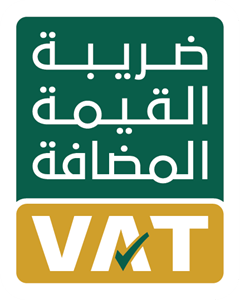Develop a Detailed Implementation Plan
Create a comprehensive plan that outlines all tasks, timelines, responsibilities, and resources required for implementation. This plan serves as a roadmap, guiding the team through the execution phase.
Communicate Clearly and Frequently
Establish a communication plan that facilitates ongoing dialogue among team members and stakeholders. Regular updates and feedback loops help address issues promptly and keep everyone informed of progress.
Allocate Resources Effectively
Ensure that all necessary resources, including personnel, materials, and budget, are allocated efficiently. Proper resource management is critical to maintaining momentum during implementation.
Set Milestones and Track Progress
Break the implementation process into manageable milestones. Tracking progress against these milestones allows teams to celebrate achievements and identify areas that require adjustment.
Encourage Team Collaboration
Foster a collaborative environment where team members can share ideas, solve problems, and support one another. Collaboration enhances creativity and can lead to innovative solutions.
Be Flexible and Adaptable
Be prepared to adjust the implementation plan as needed. Unexpected challenges may arise, and flexibility allows teams to pivot and find effective solutions without derailing progress.
Monitor and Evaluate Performance
Continuously monitor project performance against established objectives and metrics. Regular evaluations provide insights into what is working and what needs improvement, enabling teams to make informed decisions.
Provide Support and Training
Ensure that team members have the necessary training and support to carry out their tasks effectively. Investing in staff development enhances skills and boosts confidence, leading to better implementation outcomes.






